ESA presents first razor-sharp Euclid images of the cosmos
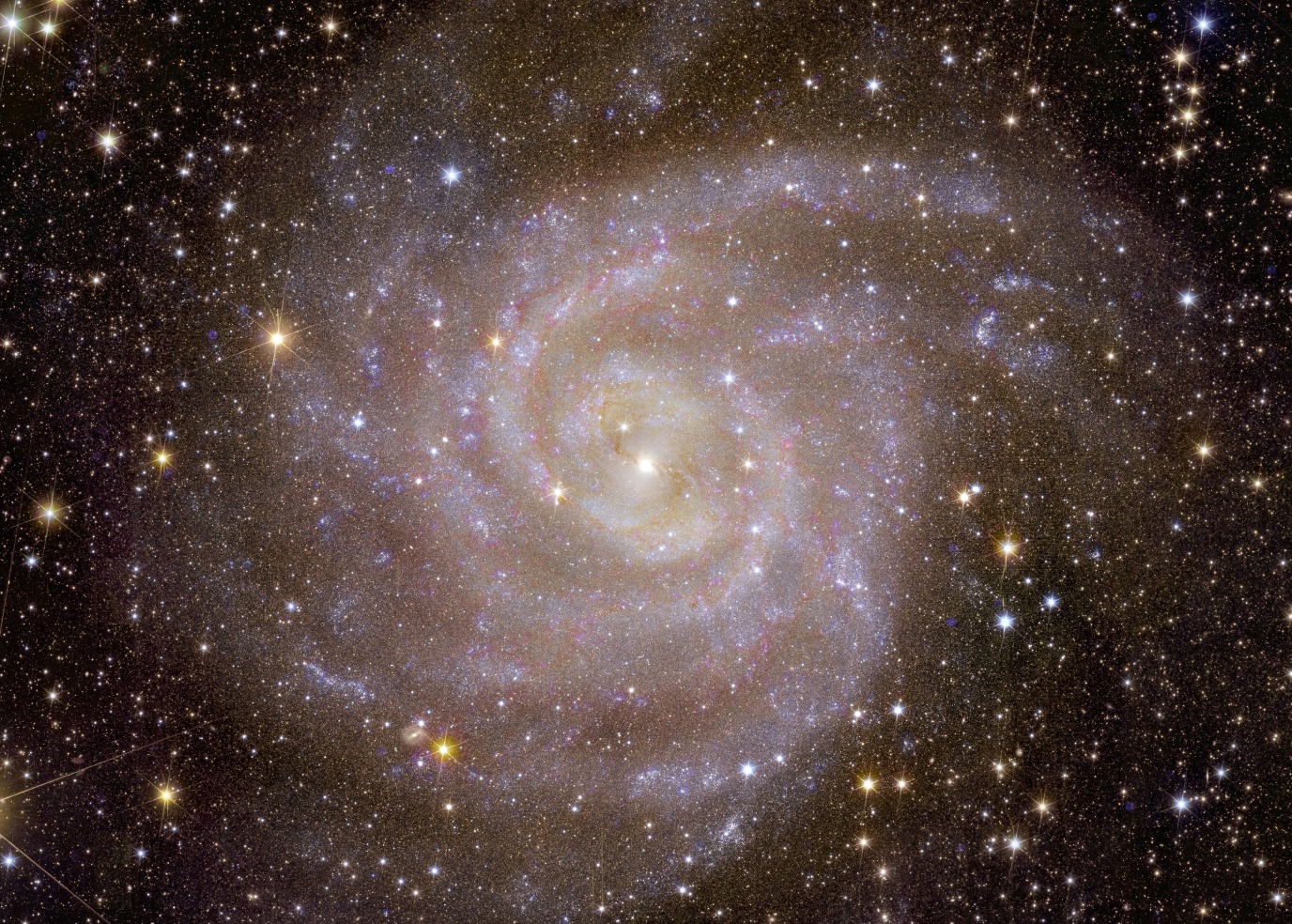
On 7 November, the first full-colour images of the cosmos taken by ESA’s space telescope Euclid were presented. Never before has a telescope been able to create such razor-sharp astronomical images across such a large patch of the sky and look so far into the distant Universe. These five images illustrate Euclid’s full potential; they show that the telescope is ready to create the most extensive 3D map of the Universe yet, to uncover some of its hidden secrets. The University of Groningen is responsible for part of the data processing.
NOVA, FSE Science Newsroom | René Fransen
Euclid, our ‘dark Universe detective’, has a difficult task: to investigate how dark matter and dark energy have made our Universe look like it does today. 95% of our cosmos appears to be made of these mysterious ‘dark’ entities. But we don’t understand what they are because their presence causes only very subtle changes in the appearance and motions of the things we can see.
3D map
To reveal the ‘dark’ influence on the visible Universe, over the next six years, Euclid will observe the shapes, distances, and motions of billions of galaxies out to 10 billion light years. By doing this, it will create the largest cosmic 3D map ever made. What makes Euclid’s view of the cosmos special is its ability to create a remarkably sharp visible and infrared image across a huge part of the sky in just one sitting.
The images showcase this special capacity: from bright stars to faint galaxies, the observations show the entirety of these celestial objects, while remaining extremely sharp, even when zooming in on distant galaxies.
(Text continues below the image)
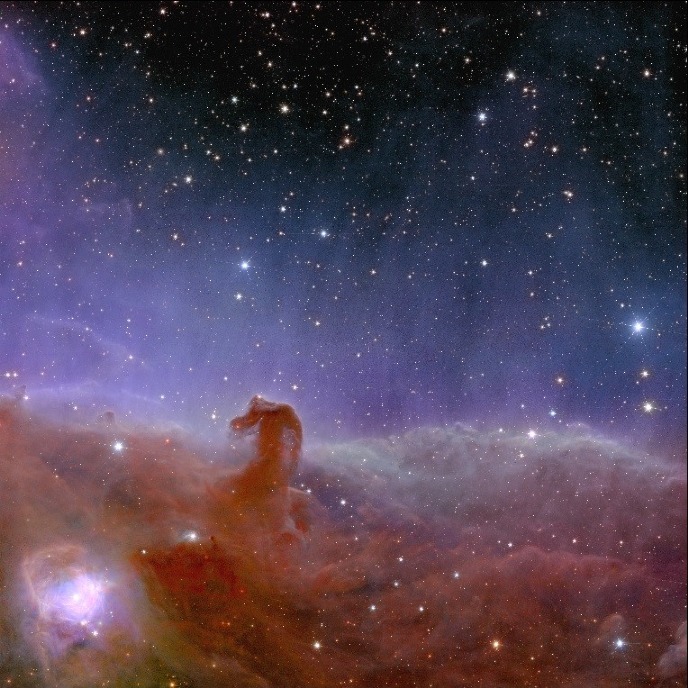
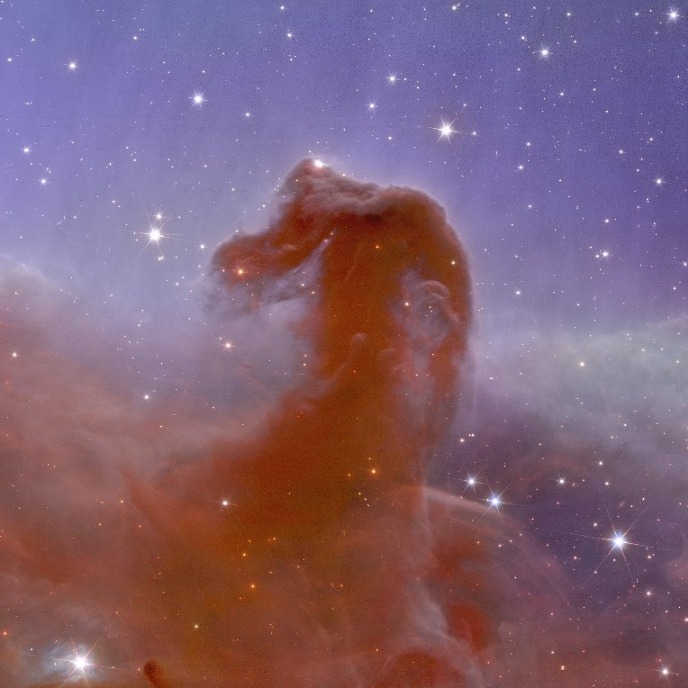
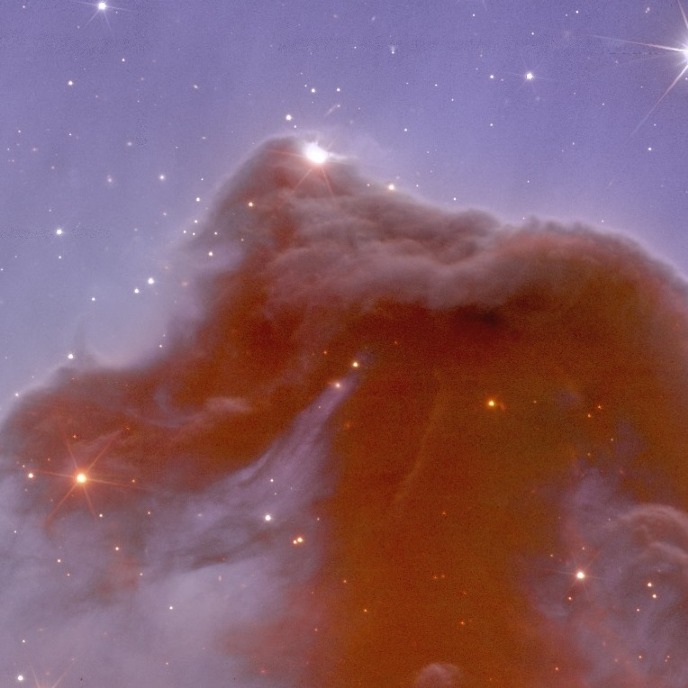
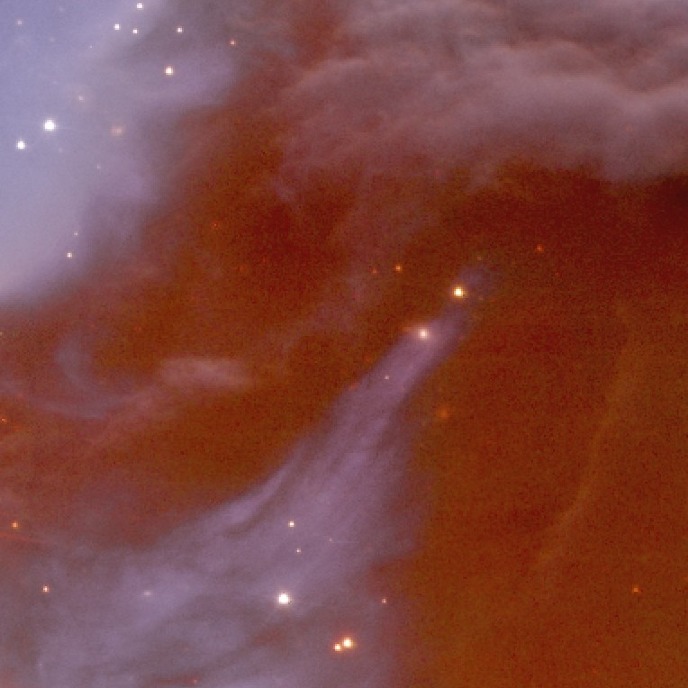
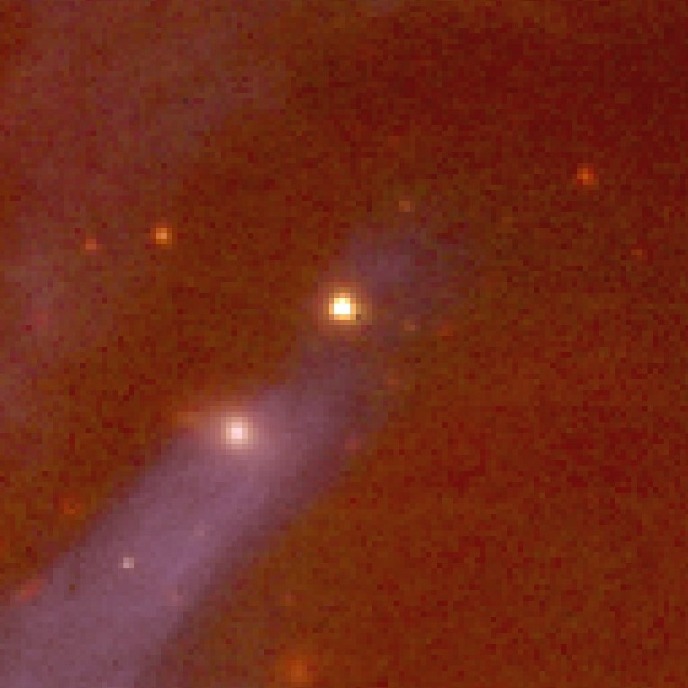
Two scientists from the University of Groningen’s Kapteyn Astronomical Institute played a major role in the Euclid project. Edwin Valentijn is National project manager and Gijs Verdoes Kleijn works for Euclid on ground-based imaging surveys. Furthermore, the University of Groningen is responsible for the processing of part of the telescope’s data, in the Euclid Netherlands Science Data Centre at the Center for Information Technology (CIT).
See also: Euclid has been launched!
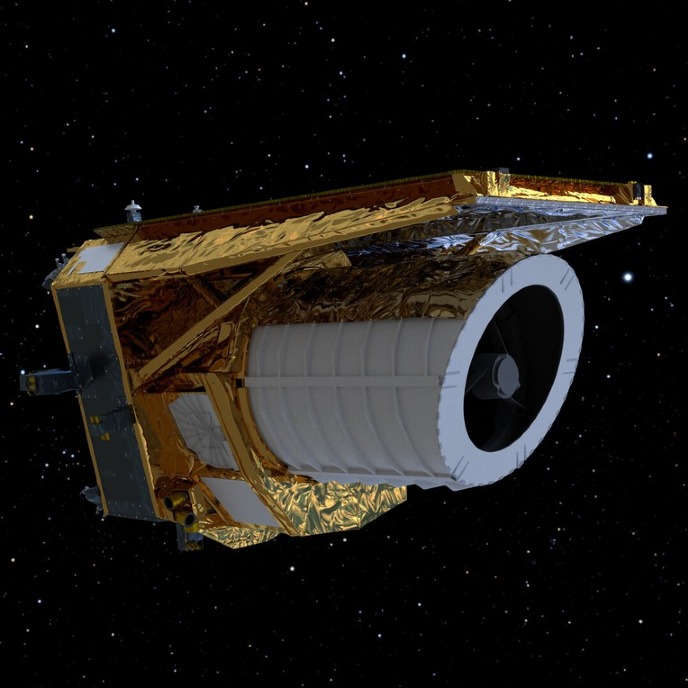
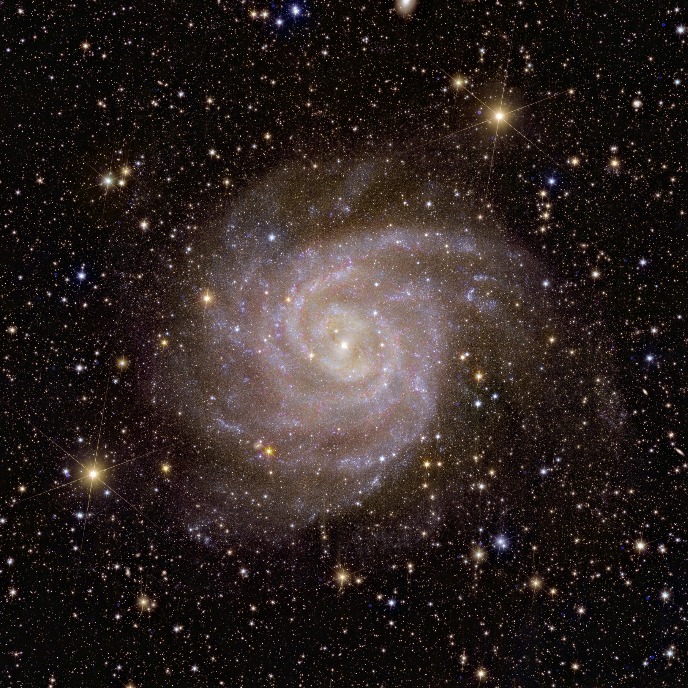
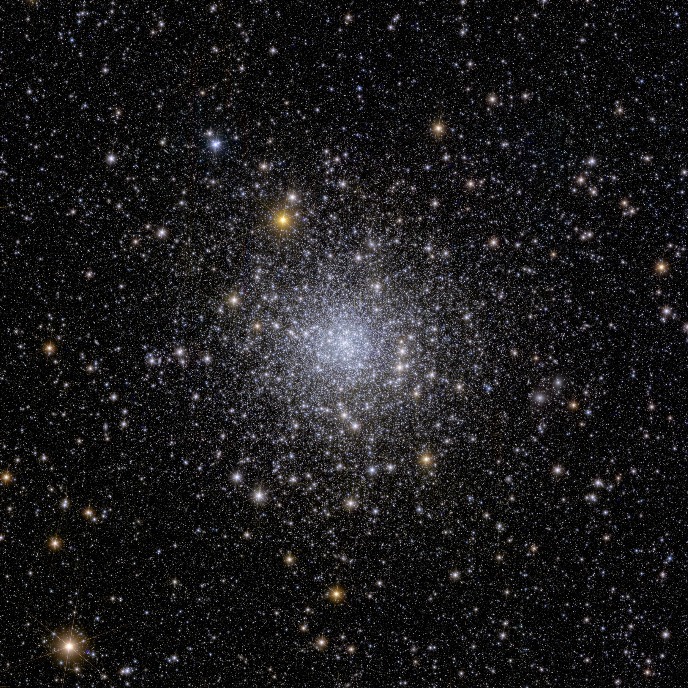
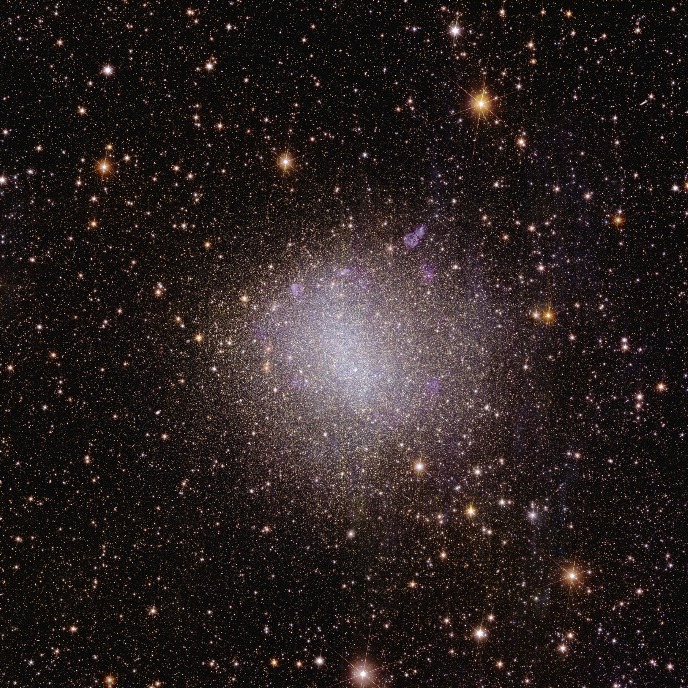
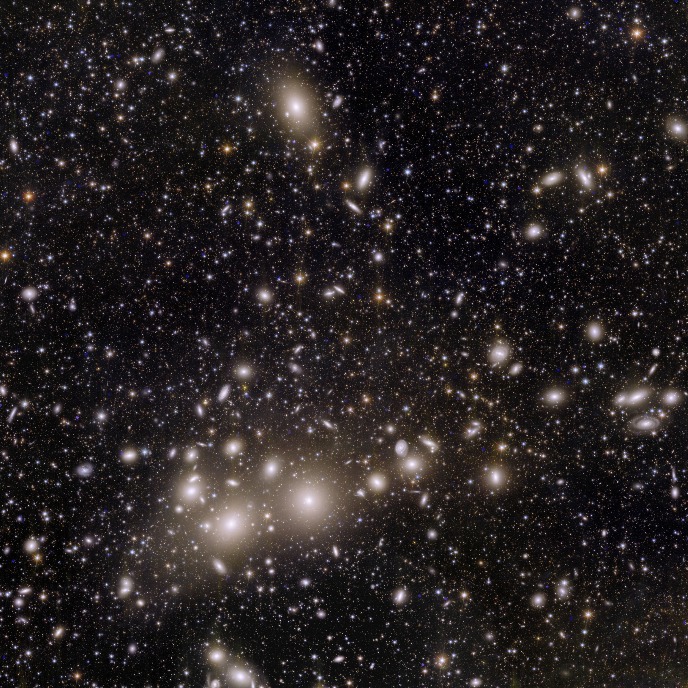
More news
-
17 February 2026
The long search for new physics
-
10 February 2026
Why only a small number of planets are suitable for life
